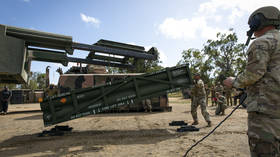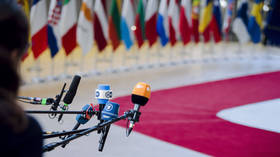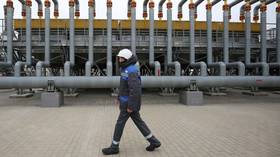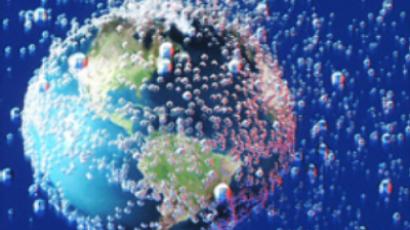UN expert: turn veggie if you want to save Earth!
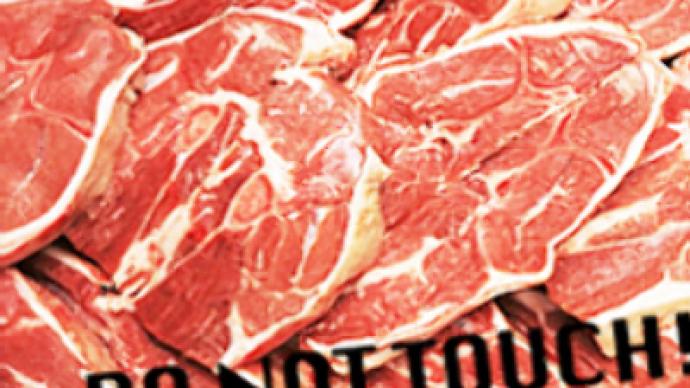
A top UN expert has come up with a new way to save the planet – eat less red meat!
Dr Rajendra Pachauri, chair of the UN Intergovernmental Panel on Climate Change (IPCC), said people should eat less meat to cut greenhouse gas emissions. With consumption of meat dropping, so will the production. And animal farms are the source of 18 percent of all greenhouse emissions, he said.
“Give up meat for one day (per week) initially, and decrease it from there,” he told the Observer newspaper.
Dr Pachauri, who is a vegetarian, said other lifestyle changes can contribute to the effort as well, although he added action by governments is needed for major results.
But British meat producers have criticised the move.
Stuart Roberts, director of the British Meat Processors Association, said: “The industry already takes its environmental responsibilities very seriously and I believe methane levels on UK farms are actually falling already.”
Combating global warming is not the only reason why some experts say meat consumption should be curbed.
In the ‘virtual water’ concept, where goods are measured according to how much water is spent in their production, meat is among the most ‘expensive’ things. In takes 15,000 litres of water to produce 1 kilogram of beef as compared to 1,300 litres for 1 kilogram of wheat.
With the reserves of fresh water becoming sparse, people must be more aware of how much virtual water they have for their dinner every day, experts argue.


